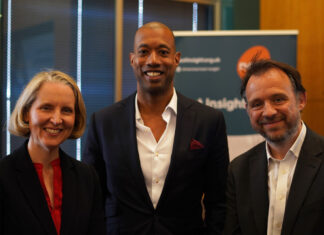We’re working with Maastricht University to deliver a wide-ranging research programme into the drivers of engagement in pensions. This project is funded by a grant from the Network for Studies on Pensions, Ageing and Retirement (NETSPAR).
Why?
Worldwide, pension funds struggle to motivate pension plan participants to look into their individual retirement situation. Most participants are passive and not interested in gathering information. Previous studies focus on cognitive factors, such as financial literacy, numeracy or economic preferences as typical variables of interest. We aim to create knowledge on how emotions, peer effects and life events influence the effectiveness of pension communication.
What?
In a series of studies, we’re extending and integrating insights from economics, marketing, and psychology to adapt pension communication. This will empirically test effects on participants’ engagement in a defined contribution context. Our results will help to stimulate participants to take actions to avoid a pension gap. This project contains three sub-projects:
1 Emotions play an important role for complex decision processes such as pensions, but are often neglected in pension research. We’ll text-mine emails and essays from participants to identify which emotions drive participants’ engagement. We’ll also use field experiments to analyse how emotions drive pension communication effectiveness.
2 Peer influence is a classical and powerful driver of individuals’ decisions, but it’s not well explored in the pension context. We’ll conduct a series of field experiments to identify how exactly peer effects should be used to facilitate participants’ engagement.
3 Timing and adapting pension communication to participants’ life events is often suggested, but theoretical underpinnings and empirical evidence on the effectiveness of such personalised communication is missing, which our research will add.







